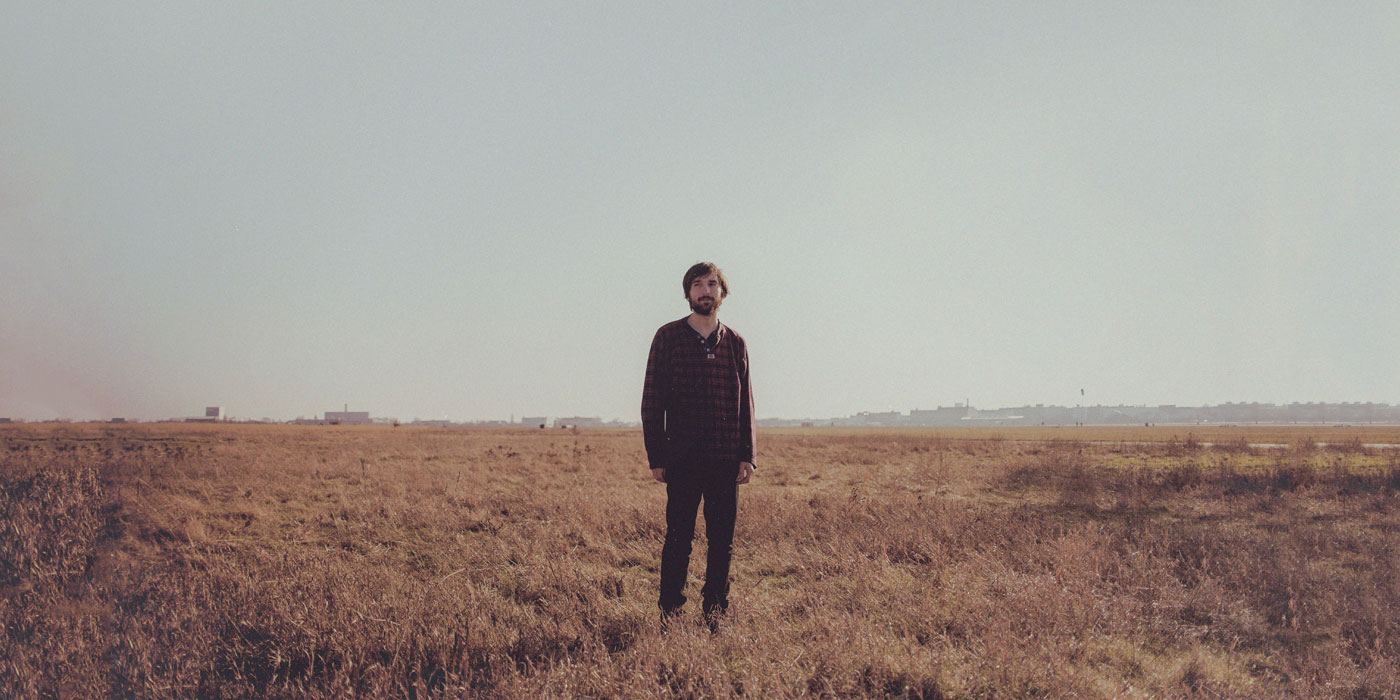Jordan Lee has been making calm, affectionate, and underappreciated folk music under the moniker Mutual Benefit for nearly half a decade. Last year, Lee’s luck changed when he released Love’s Crushing Diamond and received a surprising (but no less deserving) amount of praise in return. In conjunction with Diamond’s success and the reissuing of his 2011 EP, Cowboy’s Prayer, Lee is again on the road—though this time he’s headlining every stop. I caught up with him earlier this week as he was loading up in between stops in Cleveland and Columbus, OH. This is an edited transcript of our chat.
How’d you get your start in music?
“When I was a kid I played in a lot of church bands, and I guess that’s how I got used to playing music in front of a crowd of people. [When] I was in middle school, we did a talent show and then the school let us do a whole concert on the last day. And back then I was listening to a lot of Green Day and Blink-182, so we played a pop-punk covers set. It was one of the most nerve-wracking experiences of my life, but it was really funny. I’m glad no one recorded it, because it would be really embarrassing.”
When you released last year’s Love’s Crushing Diamond, were you expectant of the overwhelming reception it received?
“I guess I’d released a good handful of EPs and albums before Love’s Crushing Diamond, and they’d all been a little bit better received than the one before. So I expected they’d be written about on some blogs and maybe sell some records on Bandcamp, but I definitely wasn’t thinking it’d get covered in national blogs and be in Rolling Stone and things like that. That’s all pretty crazy.”[spacer height=”10px”]
[spacer height=”5px”]What’s changed for you since its release?
“The biggest thing that’s changed is that before this [music] was a lot more of a hobby, where I’d take off time from work and try to tour as much as possible. Since then it’s become a lot more of my job, where I, you know, have like a booking agent and talk to promoters and stuff like that.
“And in some ways it’s cool because it puts some stability in my life. But in other ways it’s like, people talk about how it can get a little soul crushing when your art gets turned into a commodity.”
Has this entanglement between art and commodity affected your writing?
“I haven’t been able to really do much writing because we’ve been on the road almost 75 percent of the year. But it’s very, very important to me to not let this experience change the integrity of the writing. So I think my plan, when this tour is over in November, is to go back to having a pretty regular job—like maybe teaching guitar. And I’ll try to readjust to regular person life and write a record.
“I think if you’re trying to write a record and you’re also looking at ticket sales and stuff like that, that quantifies what you’re doing in a weird way. I think it would probably affect the writing; I don’t know. It just kind of corrupts the process a little bit, so I’m trying to get away from that.”
So your main focus is to continue to write for yourself?
“Definitely. I know that sounds stereotypical, but it’s the truth. Even writing Love’s Crushing Diamond, I was really just trying to write something that I really liked. And so that’s the biggest thing, just trying not to think about the potential reception anymore and to just kind of grow and be excited about what I’m doing.”



